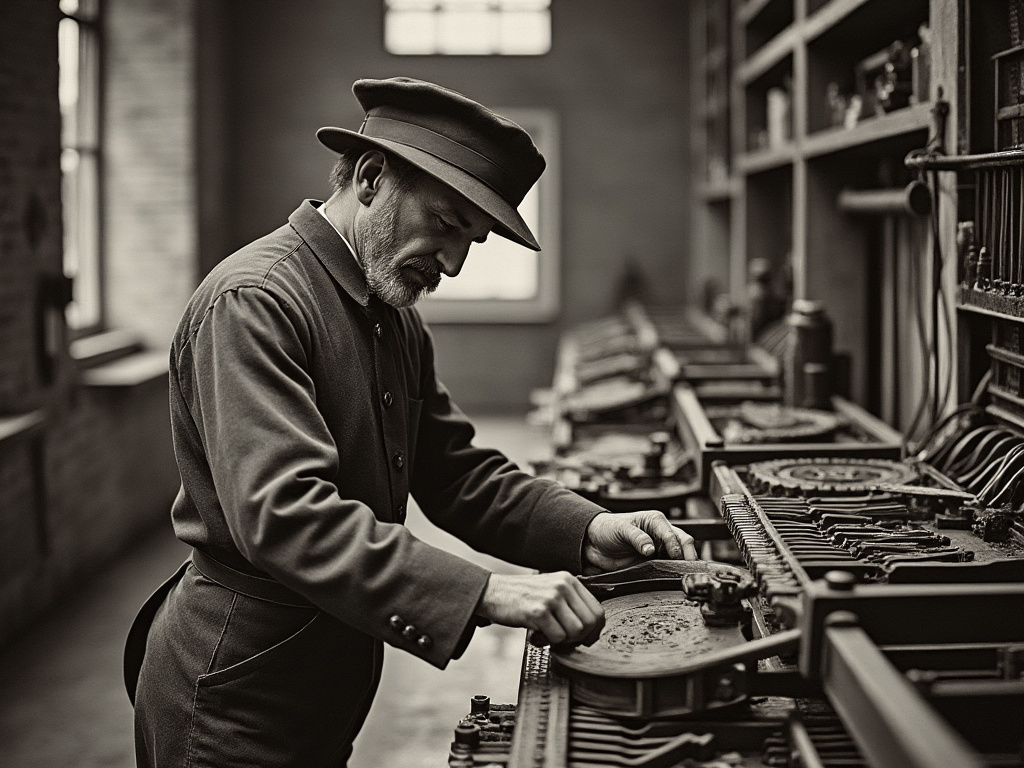Original Fayetteville Arsenal - Employment
Posted: Fri Aug 23, 2024 6:39 pm

The Fayetteville Arsenal in North Carolina, during its operational period, particularly before and during the Civil War, would have employed a variety of workers, reflecting the societal structure and labor practices of the time:
- Military Personnel: Initially, the arsenal was staffed by U.S. Army personnel, including officers and enlisted men who managed the facility, maintained security, and oversaw operations. After the Confederacy took over, Confederate military personnel would have filled these roles.
- Skilled Artisans and Craftsmen: These included gunsmiths, blacksmiths, machinists, and carpenters. They were crucial for the manufacturing and repair of weapons. Given the era, these skilled positions might have been held by both free whites and, in some cases, enslaved or free African Americans, though the latter would likely have been in more menial roles or under strict supervision.
- Laborers: This category would have included a mix of workers for heavy lifting, general maintenance, and other manual tasks. Enslaved individuals, free blacks, and poor whites might have been employed in these capacities. The labor-intensive nature of arsenal work meant a significant number of laborers were required.
- Clerical and Administrative Staff: These positions would have been filled by individuals capable of reading, writing, and arithmetic, typically white men, though in some cases, women might have been employed, especially during times of war when male labor was scarce.
- Women and Children: During the Civil War, especially as manpower dwindled, women and even children were employed in arsenals for tasks like cartridge making or other less physically demanding roles. This was not unique to Fayetteville but a broader wartime phenomenon.
- Local Volunteers or Militia: In times of crisis or during the Civil War, local militia or volunteers might have been involved in various capacities, from guard duty to assisting in production during emergencies.
- Supervisory and Management Roles: These would generally be held by men, often with military or government connections, overseeing the operations, ensuring production quotas, and managing the workforce.